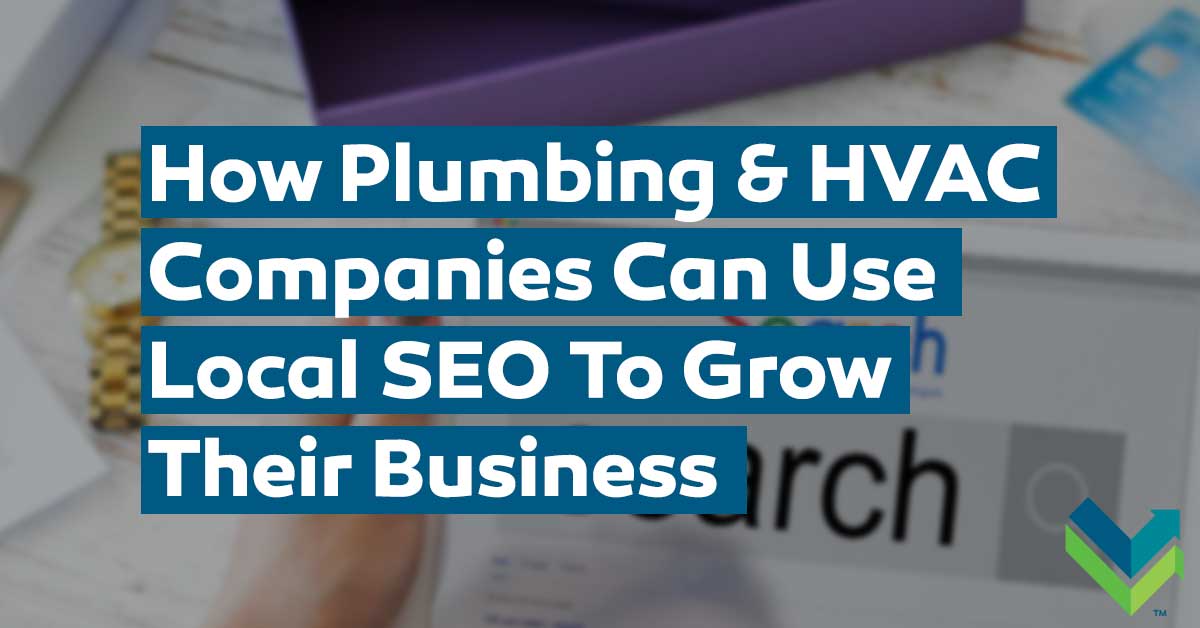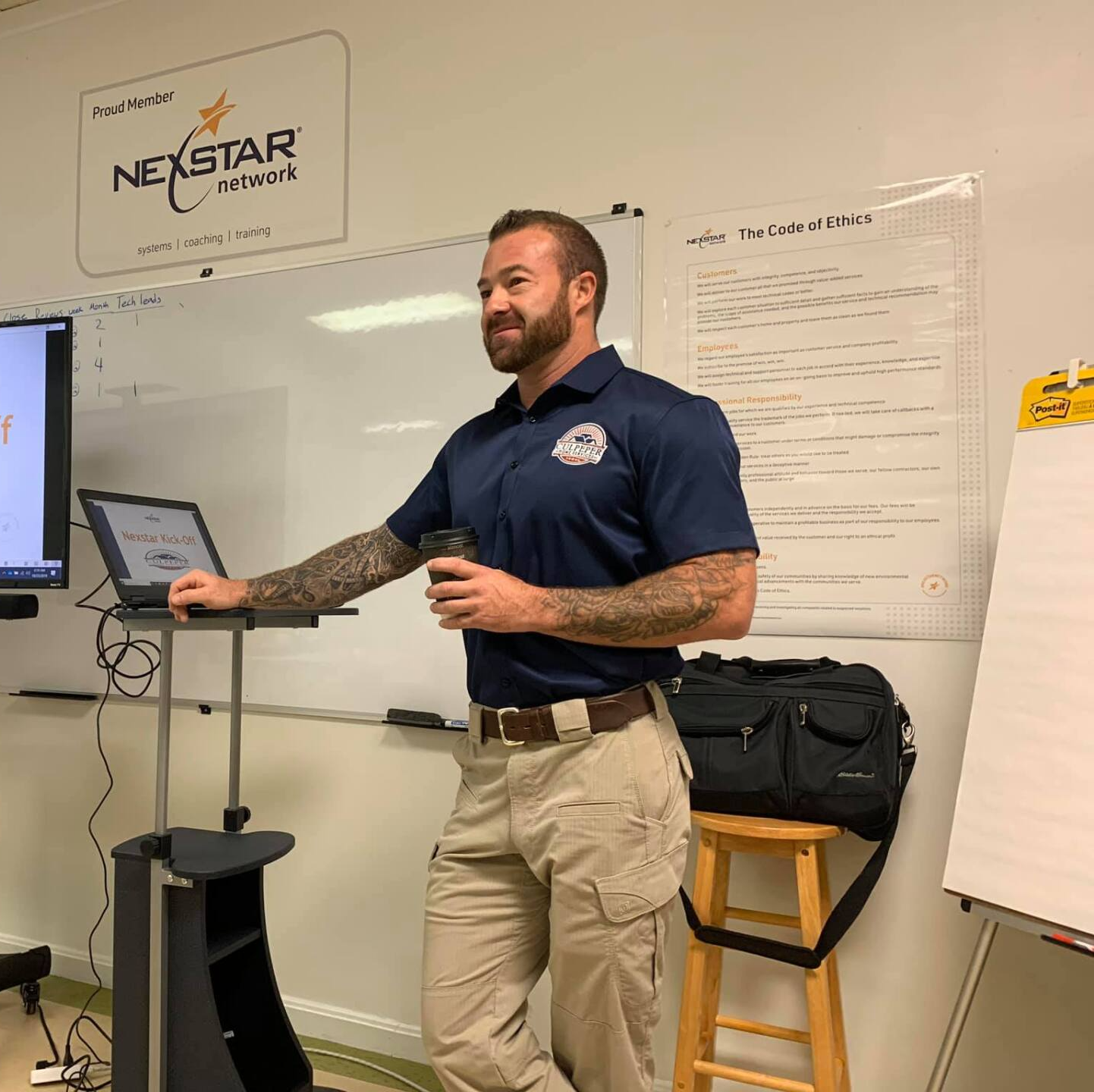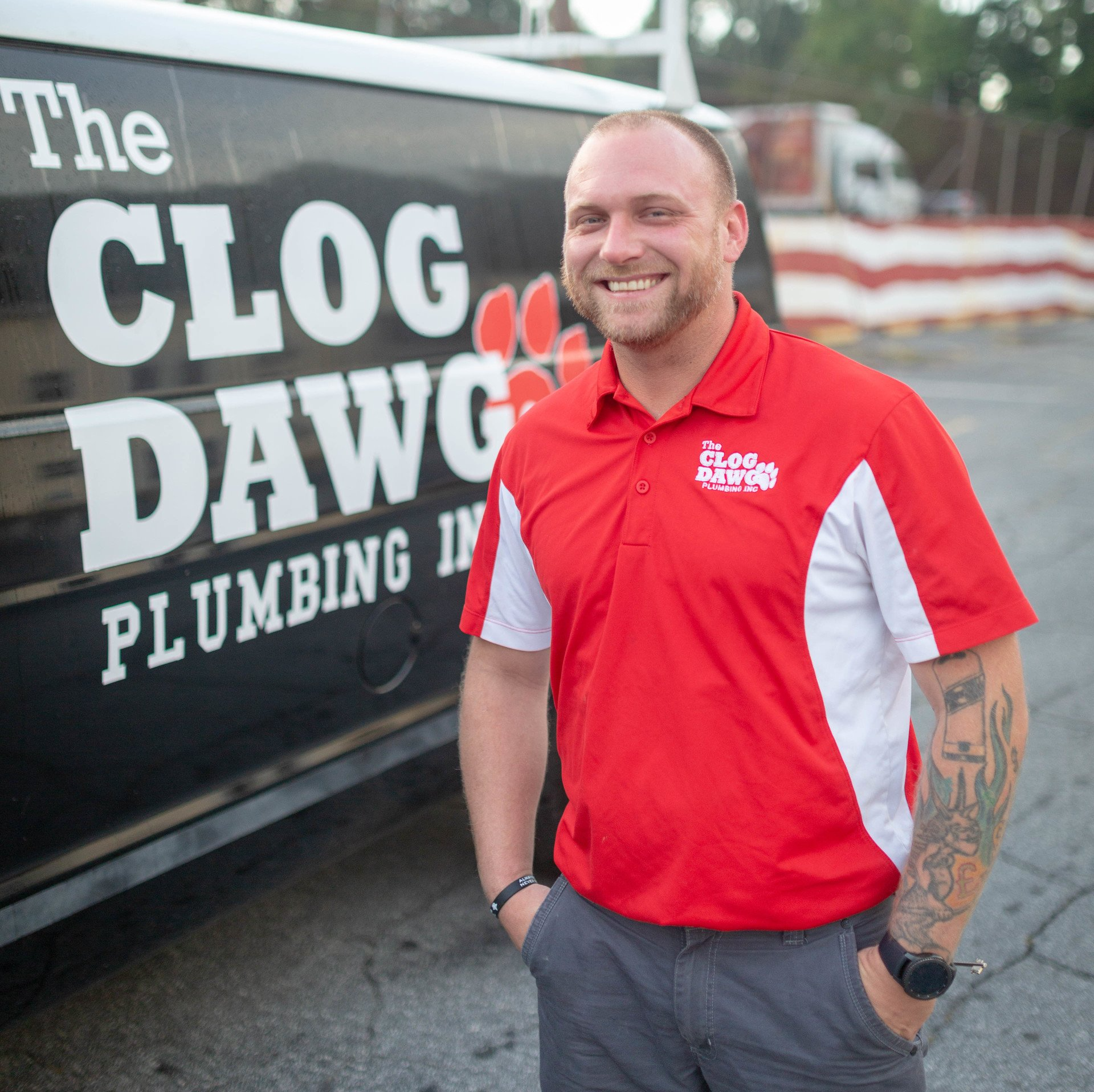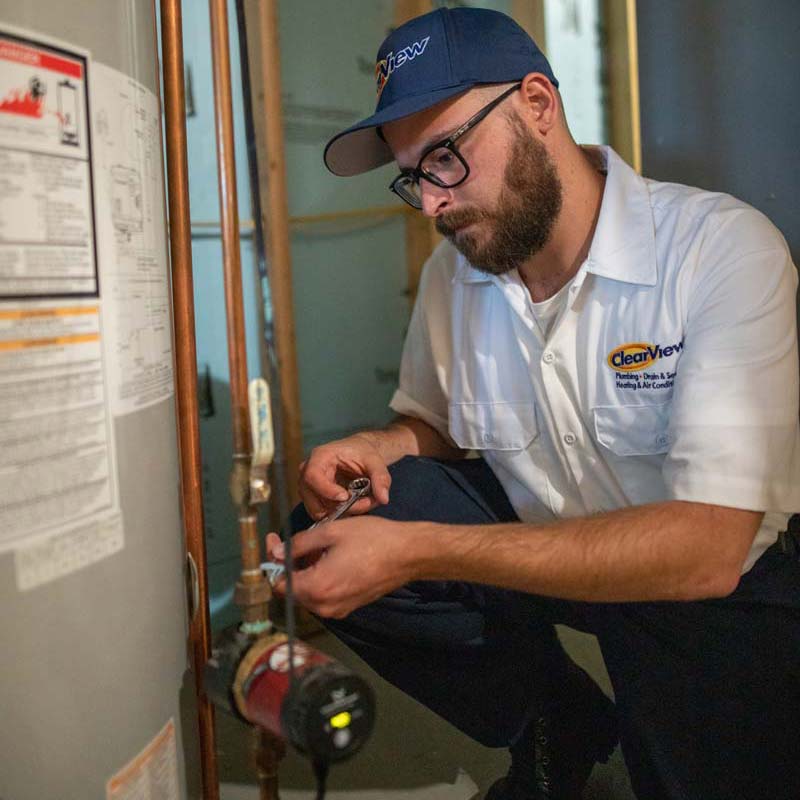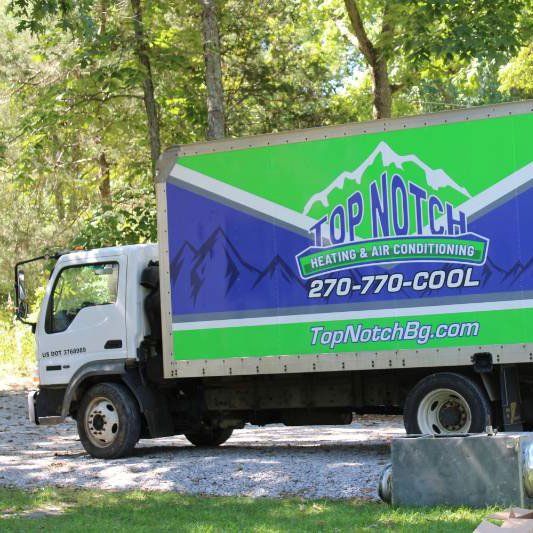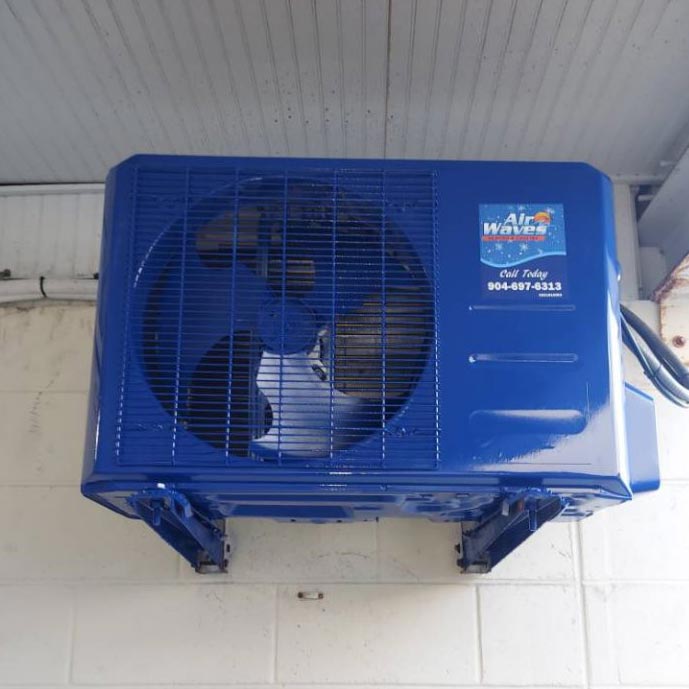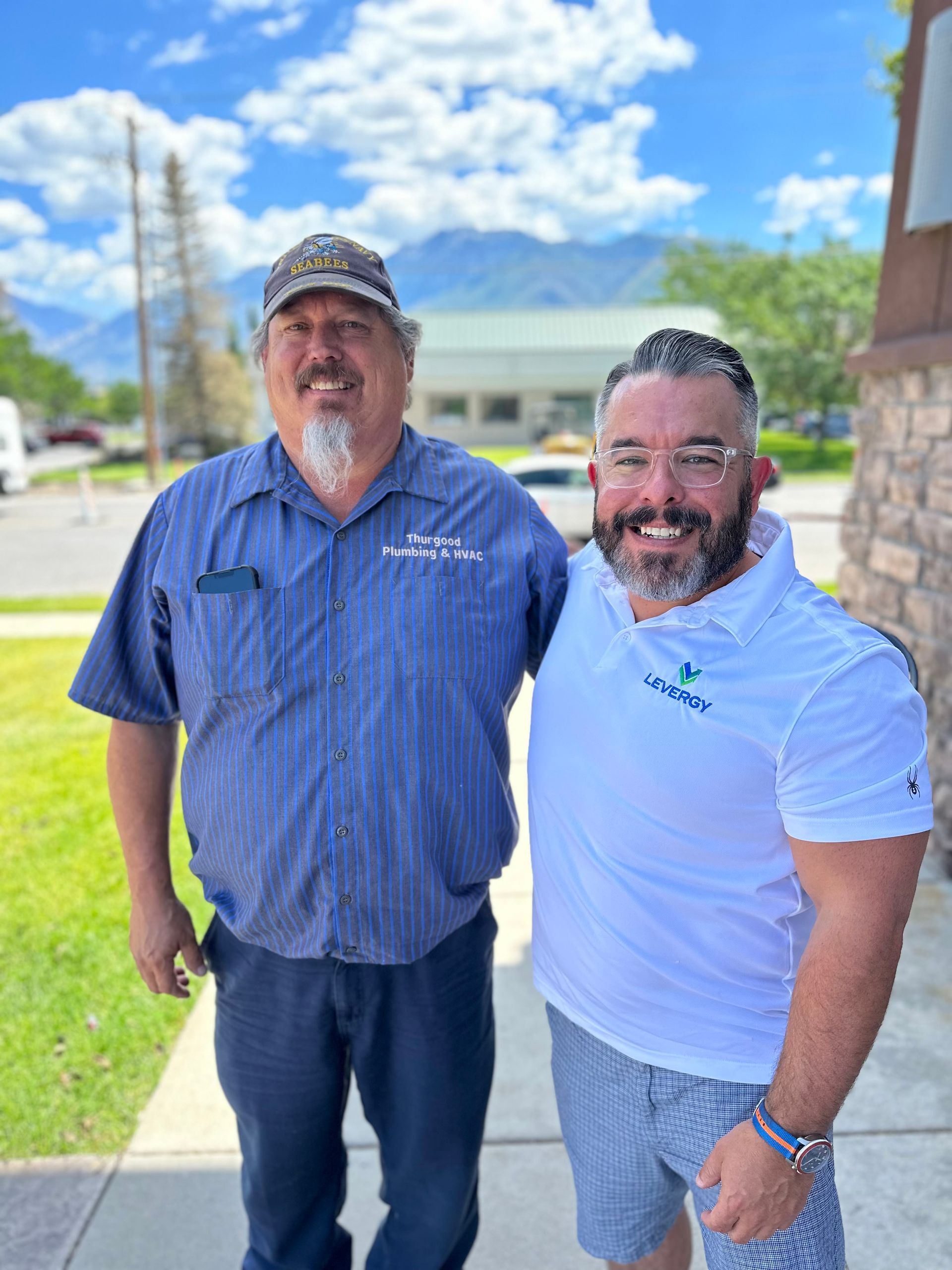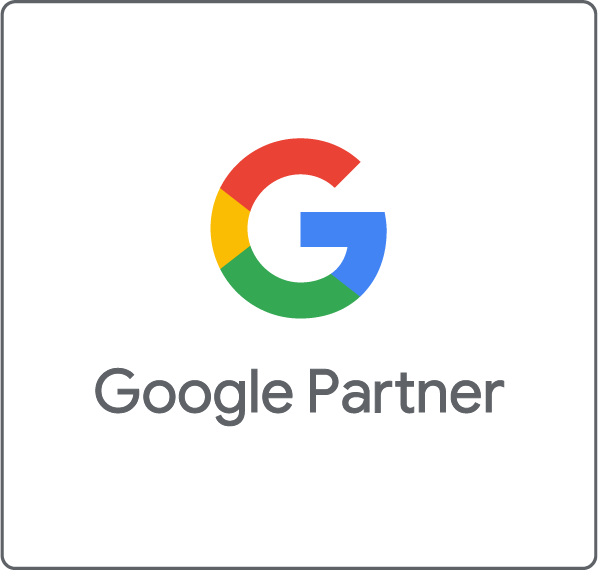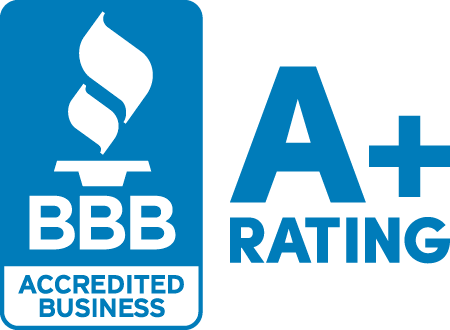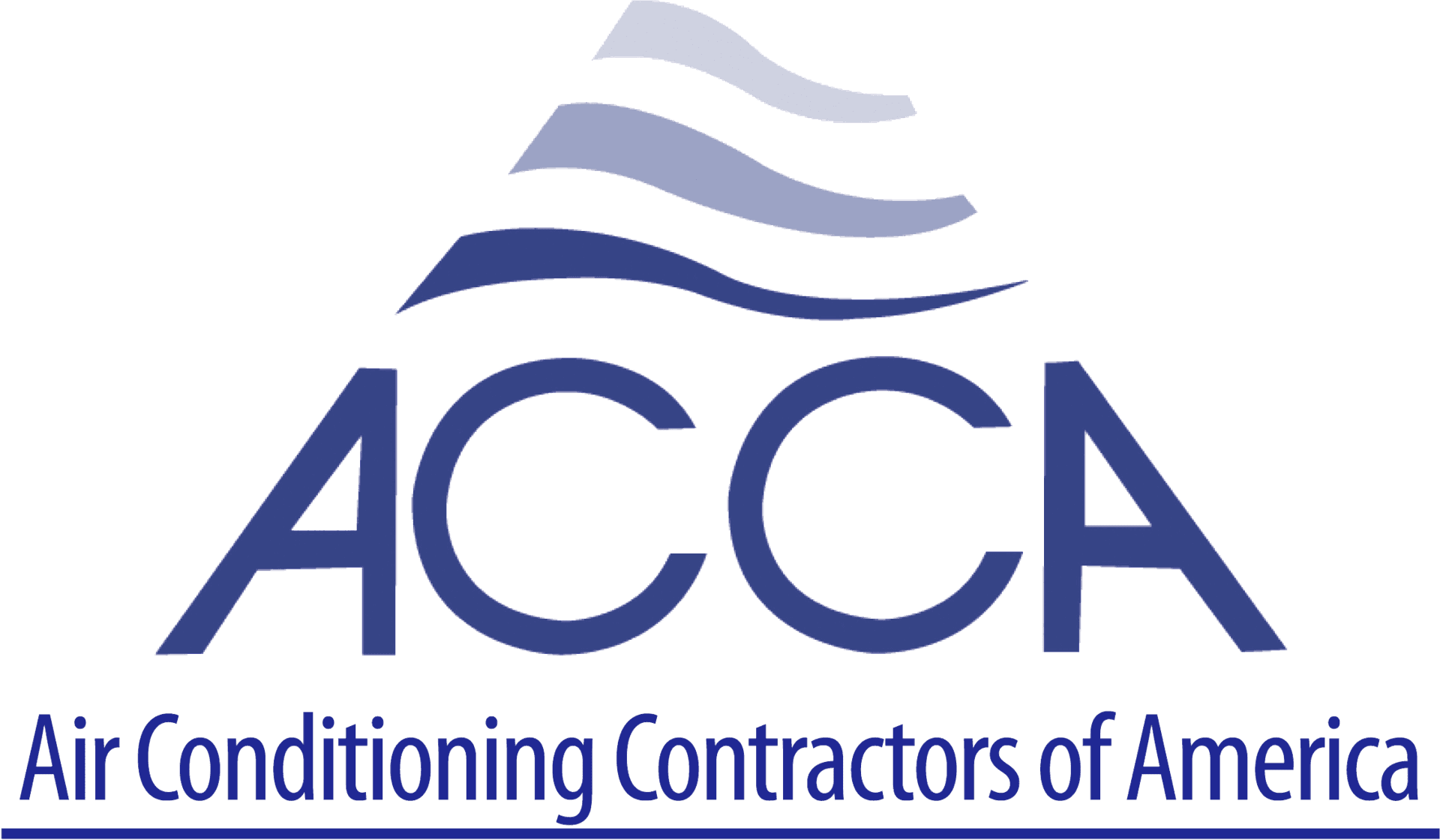How Plumbing & HVAC Companies Can Use Local SEO To Grow Their Business
As a plumbing, HVAC or home service company, one of your defining business traits is a local audience. While there are exceptions, in most cases these companies can only work with customers that live within a reasonable drive of where the business is based – or where most of the team lives. It’s not all bad – at least you don’t have to worry about Zoom meeting fatigue!
But how does this impact your marketing? Should you be paying out the nose to get pictures of yourself on a local billboard, handing out fliers downtown, or buying spots on local radio stations?
All of these strategies can work, but before you start practicing your radio voice in the mirror, we have an alternative suggestion: local SEO, or search engine optimization. In this article, we’re going to begin by explaining what exactly local SEO is, then offering some key techniques on how to use it to get in front of more prospects and ultimately close more business.
What is local SEO for HVAC companies and plumbers?
Search engine optimization (SEO) broadly refers to tactics designed to help improve a website’s ranking on search engine results pages (SERPs), the lists of websites that come up when you perform a query on a search engine. Local SEO refers to optimization tactics meant to improve ranking for searches performed by people in a specific area, seeking a service provider also in that area.
The area covered by local SEO is typically a city, but depending on the location you can also use it to improve visibility within a state, county, or metropolitan area. Local SEO involves many of the same tactics and strategies as normal SEO, but some are more effective than others.
Now that you know what local SEO is, let’s dive into some of the most important tactics involved with the process.
Understand local keyword research for home contractors
The foundation of any SEO strategy is the right set of keywords. After all, if you don’t know what kind of searches people are performing to get to your website, it’s impossible to optimize for a higher ranking in them. The easiest first step here is to brainstorm related words, phrases, or services your prospective customers might type in on a search engine.
For example, if you’re a plumber servicing the city of Indianapolis, you might start with a list of keywords like:
- Pipe repair Indianapolis
- Plumber near me
- New hot water heater Indianapolis
- Plumbing services Indianapolis
The key here is doing your best to put aside the expert-level knowledge and jargon in your head and think about it like a beginner. Most customers won’t be searching with the proper technical terms – they just know something is broken and want it fixed. If you offer more than one service, be sure to separate keywords by service. If you’re new to SEO, it’s best to focus on a campaign for one service at a time, so don’t feel like you need to get a keyword in place for every possible type of job.
Once you have a good list of potential keywords in place, the next step is researching to figure out which ones are actually popular among prospects. The range of different options available for keyword research is quite broad, from powerful paid tools like Clearscope and SEMrush to free web-based options offered by companies with more sophisticated paid products, like Ahrefs and WordStream.
If you’re new to keyword research, we suggest Google’s free Keyword Planner. By determining which of your proposed keywords actually perform the best, you’ll be creating a strong foundation for local SEO.
Optimize your Google business profile
Also known as “Google My Business,” your Google business profile is the key to ranking highly on both Google and Google Maps, two of the most important resources in the world for people looking for local businesses. The better-optimized your business profile is, the more likely it will be that your page shows up when prospects perform a search for a local business like yours.
For the purposes of this article, we’ll assume you’ve already created and set up your page – if not, go to this link and follow the steps presented. There are many different elements of optimizing your Google business profile, but here are the most important aspects:
- Fill it out completely. Make sure to offer every detail you possibly can when filling out your profile. That means a physical address, hours of operation, specific services offered, a link to your website, etc.
- Add pictures. If you don’t have any professional photos, it’s okay to use your logo and some smartphone pictures you’ve taken of previous jobs. At some point, you may want to consider investing in a professional photographer – or at least getting some more sophisticated equipment to use in-house.
- Include contact information. Not only will you seem more trustworthy, you might end up getting business from people who find your info online and reach out
- Add reviews. Though you can’t really handle this step on your own, you can encourage your previous and future clients to review your business by offering some kind of incentive or prize. Don’t go overboard here, but make sure it’s something people will actually value. It’s also helpful to ask for reviews right after you complete service on a job.
Improve your presence on local directories
Besides search engines, people tend to use local directories to find plumbers or other home service contractors. Google Maps is technically considered a local directory, as are popular sites like Yelp and Bing Places. As an HVAC repair company, don’t forget about directories targeted specifically for contractors, like Angi (formerly known as Angie’s List), Thumbtack and Merchant Circle.
Each directory is different, so it may take some digging around to find the ones that are best for you. Think about what kind of businesses they cater to, their traffic metrics, and anything else they can offer you to help grow your business. Many directories will allow you to pay for a higher placement, where (in theory) you should get more attention and prospective customers reaching out.
Not only will shoring up your local directory presence help attract prospective customers who visit that directory, it strengthens your local SEO. Google and other search engines tend to rank these directory sites highly because they have a good reputation. If your listing on their directory site is complete, relevant and helpful to search engine users, your company has a good chance of getting pulled up the rankings as well.
Last word on local SEO for plumbing & HVAC companies
Although they might seem complex, these steps are actually just a primer on local SEO. There are entire books, courses and websites created just for the purpose of helping companies master local SEO.
And while that doesn’t mean it’s impossible to take advantage of the power of SEO without any outside help, it may not be the optimal decision for you and your business. If ideas like keyword research, blog strategy and meta tag optimization sound like Greek to you – or you’d simply rather focus on your day-to-day business – click here to schedule a call with one of our experts at Levergy.
Was This Helpful?
Sign up here, and we'll automatically email you as we publish new articles that you may find useful.
Was This Helpful?
As Seen In:
Is your website helping or hurting your SEO efforts? Find out now for free.
We've got give-a-damn for days.
When my team talks with new clients, we hear a ton of frustration, overwhelm, and general fed-up-ness.
I'm guessing you can relate.
Maybe you've been trying to figure out all this marketing stuff on your own OR you've handed a crap-ton of money to an "expert" for no apparent reason.
Your phones still aren't ringing like they should.
Your advertising still isn't performing like you expected.
Your website's still not ranking or converting like it needs to.
You can't figure out why... and/or your current marketing "partner" isn't 'fessing up.
We think you deserve better.

Ryan Redding
CEO Levergy
Author of The Book on Digital Marketing for Plumbing and HVAC Contractors
Here's how we'll get you more plumbing, HVAC, electrical, garage door, roofing, or other home service leads:

Tell us what's keeping you up at night.
Let's get on a call so you can tell us where your business is and where you want to go. We'll follow-up with a free, comprehensive assessment and actionable tips.

We'll help you fix it.
If you like what you see so far, we'll put together a customized plan with transparent, flat-rate pricing—and then get to work growing your business.

So you can breathe easy.
Have peace of mind knowing you have a true partner on your side who cares about your success as much as you do.
What you get is important.
How you're treated is what sets us apart.
Culpeper Home Services
"... they always go above and beyond the call of duty. I'm impressed with their work ethic, loyalty, and integrity."
- Russell Furr, President
The Clog Dawg
"[Levergy] understood my specific needs and got the work done—bypassing all the unnecessary nonsense. And now business is booming!"
- Steven Douglass, President
Your mileage may vary.
Better results are here.
Discover how to stop wasting money on marketing that doesn't work, and make your phone ring off the hook.


